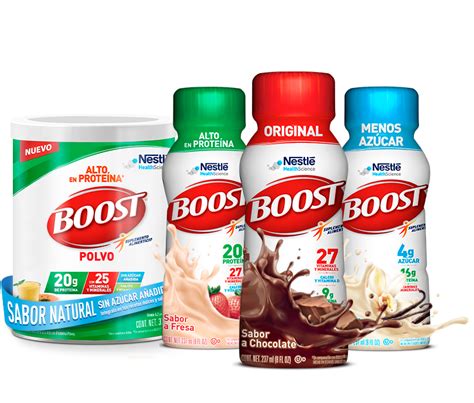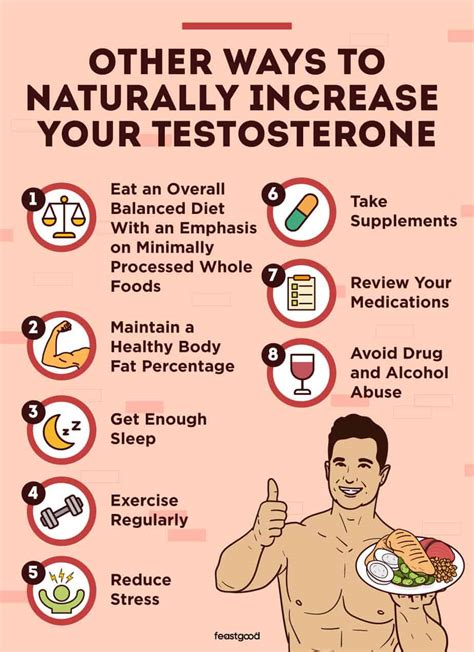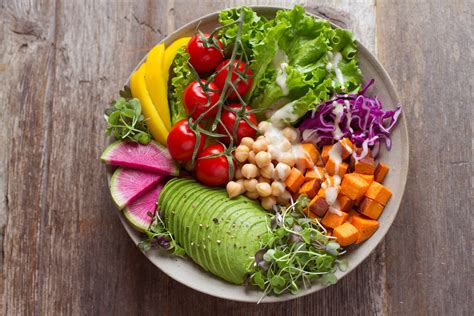Boost T naturally: What actionable diet & training optimizes male hormones for peak performance?

In the quest for peak male performance, optimizing testosterone levels naturally stands as a cornerstone. Testosterone, often dubbed the “male hormone,” plays a crucial role not just in muscle growth and libido, but also in energy levels, mood, cognitive function, and overall vitality. While synthetic solutions exist, a holistic approach focusing on diet and training offers a sustainable and side-effect-free path to boosting your T naturally.
Understanding Testosterone’s Role and Natural Optimization
Before diving into the specifics, it’s vital to appreciate the broad impact of healthy testosterone levels. Beyond the common associations with strength and sex drive, optimal T contributes significantly to bone density, red blood cell production, fat distribution, and mental sharpness. Unfortunately, modern lifestyles, characterized by poor nutrition, chronic stress, and insufficient activity, can lead to suboptimal levels, impacting countless aspects of male health. The good news is that your daily choices hold immense power to reverse this trend.

Fueling Your Hormones: The Dietary Blueprint
Nutrition is perhaps the most direct lever you can pull to influence hormone production. A balanced diet isn’t just about weight management; it’s about providing the building blocks and signals for your body to produce hormones effectively.
Prioritize Healthy Fats
Cholesterol, a type of fat, is the precursor to testosterone. This doesn’t mean binging on unhealthy trans fats, but rather embracing monounsaturated and polyunsaturated fats. Sources like avocados, nuts, seeds, olive oil, and fatty fish (salmon, mackerel) are excellent choices. Don’t shy away from saturated fats from quality sources in moderation, as they also play a role.
Adequate Protein Intake
Protein is essential for muscle repair and growth, which indirectly supports a hormonal environment conducive to testosterone. Aim for lean protein sources such as chicken breast, turkey, eggs, lean beef, fish, and plant-based proteins like legumes and quinoa. Spreading protein intake throughout the day is key.
Smart Carbohydrate Consumption
While low-carb diets have their place, extremely restrictive approaches can sometimes negatively impact testosterone by increasing cortisol (a stress hormone). Focus on complex carbohydrates like whole grains, fruits, and vegetables. These provide sustained energy, fiber, and essential micronutrients without causing drastic blood sugar spikes.

Key Micronutrients for Testosterone
Several vitamins and minerals are directly involved in testosterone synthesis:
- Vitamin D: Often called the “sunshine vitamin,” Vitamin D is crucial for numerous bodily functions, including hormone production. Aim for safe sun exposure and consider supplementation if levels are low.
- Zinc: This mineral is vital for testosterone production and helps prevent its conversion to estrogen. Oysters, red meat, poultry, beans, nuts, and dairy products are rich in zinc.
- Magnesium: Involved in over 300 enzymatic reactions, magnesium plays a role in exercise performance and testosterone levels. Spinach, almonds, avocados, and dark chocolate are good sources.
Conversely, limiting processed foods, excessive sugar, alcohol, and unhealthy trans fats is equally important, as these can disrupt hormone balance and promote inflammation.
Training for T: Exercise Strategies for Hormonal Optimization
Exercise is a powerful natural testosterone booster, but the type and intensity of your training matter significantly.
Embrace Strength Training
Resistance training, especially focusing on compound movements, is paramount. Exercises like squats, deadlifts, bench presses, overhead presses, and rows engage multiple muscle groups, triggering a greater hormonal response. Aim for heavy lifting with proper form, progressively increasing the weight or intensity over time. 3-4 sessions per week, allowing for adequate recovery, is generally effective.

Incorporate High-Intensity Interval Training (HIIT)
Short bursts of intense exercise followed by brief recovery periods can also stimulate testosterone production. HIIT sessions can be integrated into your routine 1-2 times a week, providing a different stimulus than traditional weightlifting. Examples include sprints, cycling intervals, or circuit training.
Avoid Overtraining and Prioritize Recovery
While intense exercise is beneficial, excessive training without adequate rest can backfire, leading to elevated cortisol levels and suppressed testosterone. Listen to your body, incorporate rest days, and ensure sufficient sleep. Recovery is when your muscles grow and your hormones rebalance.

Beyond Diet & Training: Crucial Lifestyle Factors
Diet and exercise form the core, but other lifestyle elements significantly influence your hormonal health.
Quality Sleep is Non-Negotiable
Testosterone is primarily produced during sleep. Chronic sleep deprivation can drastically lower T levels. Aim for 7-9 hours of high-quality sleep per night. Establish a consistent sleep schedule, create a dark and cool sleep environment, and limit screen time before bed.
Manage Stress Effectively
Chronic stress leads to elevated cortisol, which directly antagonizes testosterone. Incorporate stress-reduction techniques into your daily routine, such as meditation, yoga, deep breathing exercises, spending time in nature, or engaging in hobbies you enjoy.
Limit Alcohol Consumption
Excessive alcohol intake can impair liver function and directly suppress testosterone production. Moderate consumption, if any, is key for hormonal health.

Sustained Performance Through Natural Harmony
Optimizing your testosterone naturally isn’t about quick fixes; it’s about cultivating a lifestyle that supports your body’s innate ability to thrive. By making conscious choices in your diet, training, sleep, and stress management, you can create a powerful synergy that elevates your testosterone levels, leading to enhanced energy, improved mood, greater strength, and overall peak performance. Consistency and patience are your greatest allies on this journey to hormonal harmony and sustained vitality.









